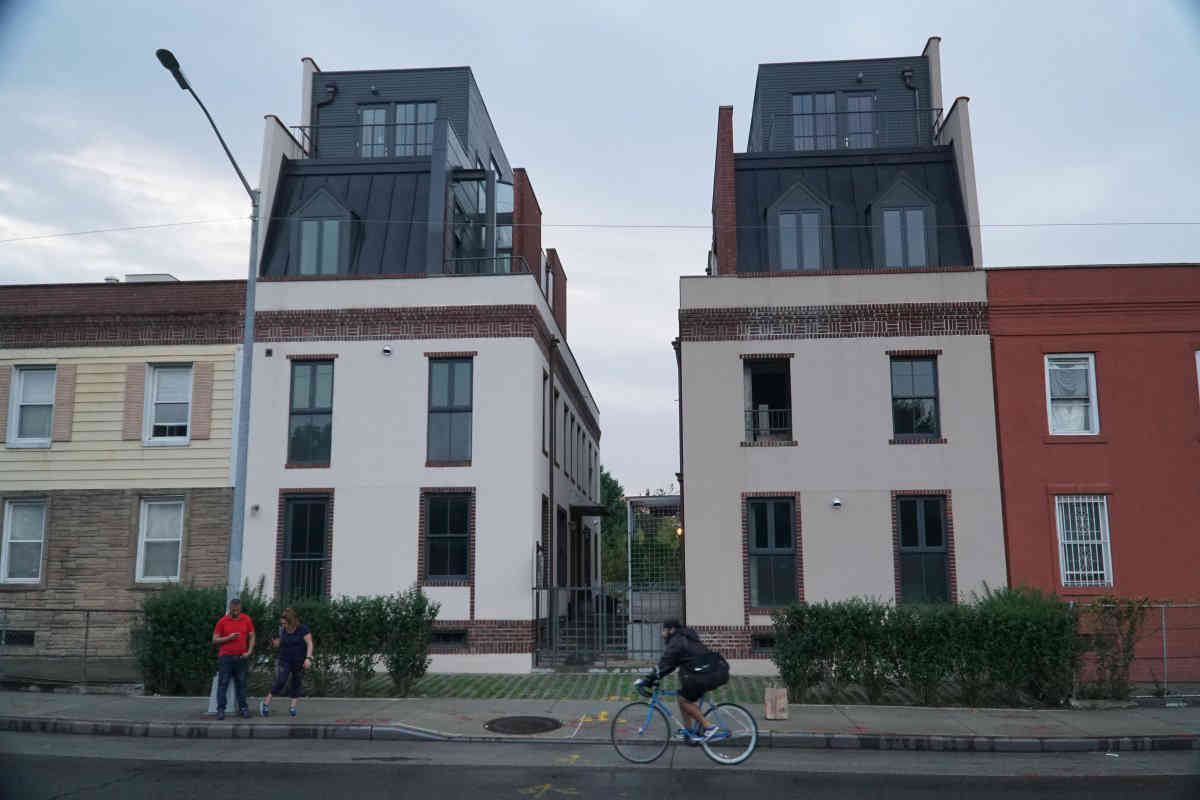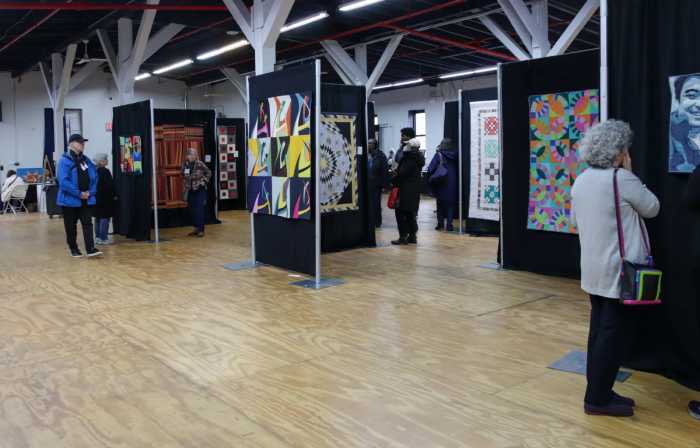Five developers callously exposed workers to the carcinogenic fibers of asbestos at four buildings in Greenwood Heights in a bid to line their pockets, Kings County’s top prosecutor said during an argument on Wednesday.
The developers are accused of forging documents in 2015, including asbestos assessment reports, that were sent to the city’s Department of Buildings in order to obtain permits needed to renovate four Fifth Avenue properties located between 33rd and 34th streets — without having to pay for a federally licensed asbestos abatement contractor.
“These defendants are accused of greedily taking dangerous shortcuts — bypassing safety measures that are put in place to protect the public from serious and unnecessary health risks —to maximize profits at any cost, including the well-being of employees and prospective tenants,” said District Attorney Eric Gonzalez.
As a result of their alleged lies, workers tasked with demolition work inside the four properties unknowingly filled the air with the cancer-causing material, exposing themselves to a laundry list of harmful side effects, according to Department of Investigations Commissioner Mark Peters.
Asbestos was commonly used for indoors fireproofing and insulation work prior to the Environmental Protection Agency banning it under the Clean Air Act of 1973, and is comprised of caustic fibers that can scar the lungs and interfere with breathing when inhaled, eventually leading to malignant mesothelioma, a particularly nasty form of lung cancer.
Among the five defendants was included engineer Scott Schnall, 50, who Buildings Commissioner Rick Chandler permanently banned practicing within city limits in 2017, after an investigation determined Schnall had lied on applications filed for six Kings County properties, according to a Real Deal report.
Following the ban, Schnall sued the city in Kings County Civil Court, alleging his banishment was issued in retaliation for a 2014 New York Times article, in which he was quoted stating the Buildings Department’s permit review and approval process was “screwed up,” according to court documents.
All five developers were slapped with a 61-count indictment, face up to seven years in prison on the top count of criminal possession of a forged instrument, and are due back in court on Nov. 28.




















